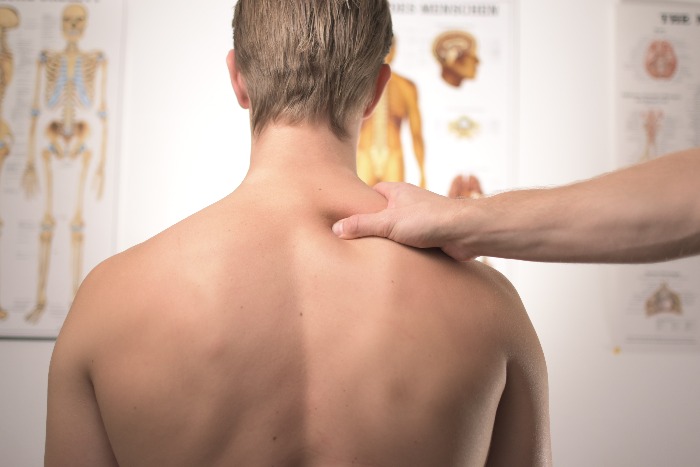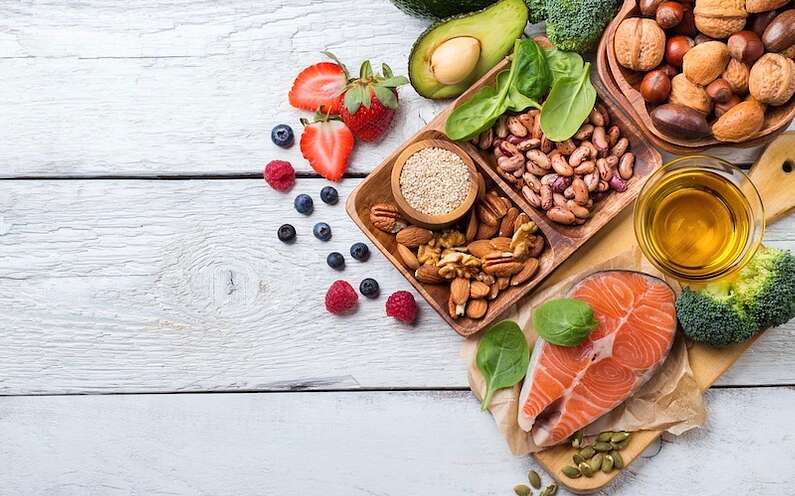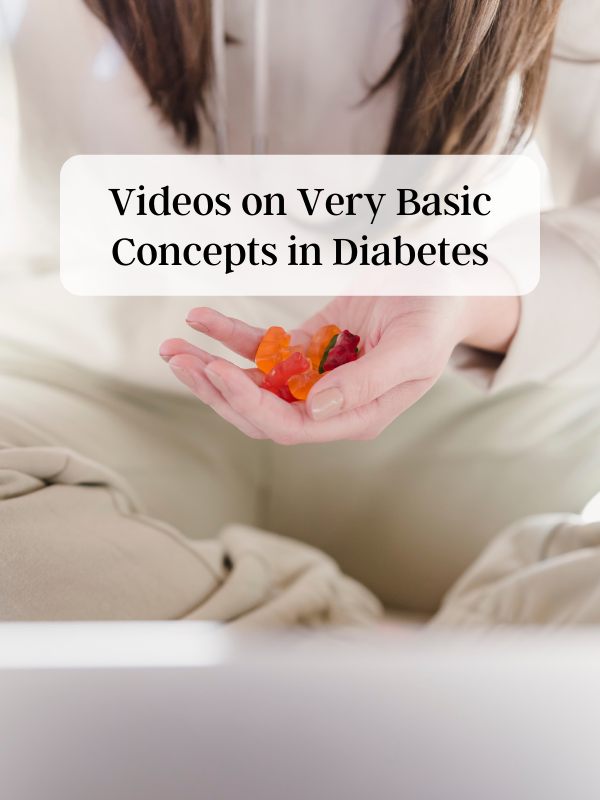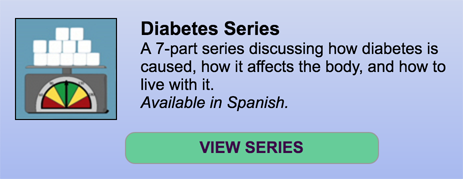
The thyroid gland is a butterfly-shaped gland on the lower neck, responsible for growth and development, body temperature, heart rate, menstrual cycles, and weight. Hypothyroidism is when the thyroid is not producing enough thyroid hormone, which can affect a wide range of physiological functions. Common symptoms include cold extremities, poor digestion (B12 and calcium absorption go down due to low stomach acid), weight gain, constipation, high LDL, poor concentration, excess sleep, depression, low sex drive and/or infertility and fatigue.
Visit Nutrition Genome

 Scan Me!
Scan Me!










